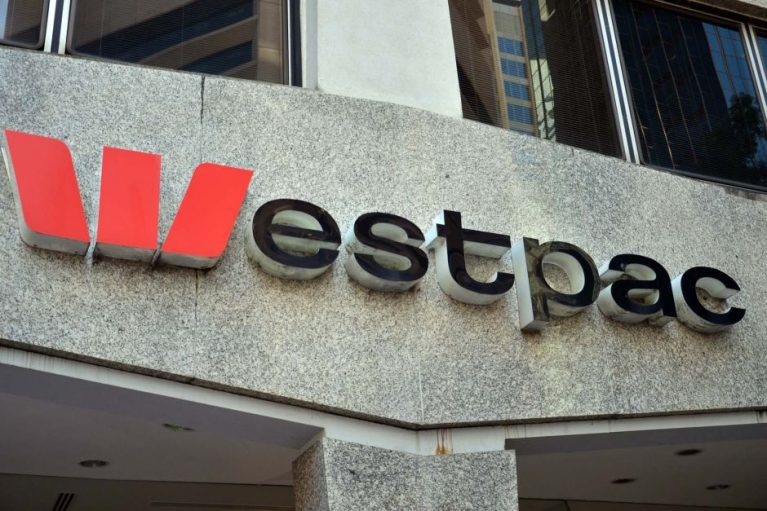Don’t you just hate it when you go to the bank to carry out a simple transaction but the teller won’t let you leave until you’ve signed your life away on some insurance policy or credit card deal?
You’d be forgiven for thinking that the staff at your bank have been taking training courses from used-car salesmen, and the simple reason for this is that the big four banks all have incentive schemes in place which encourage tellers to push the sales of certain products.
But one of them is about to change this.
In a move to regain customer trust, Westpac boss Brian Hartzer has announced that sales targets for tellers will be scrapped, and they will instead be judged on their customer service performance.
“From next month, we’re planning to remove all product-related incentives across our 2000 tellers in the Westpac branch network,” announced Mr Hartzer at a lunch with the Australia-Israel Chamber of Commerce in Melbourne on Thursday.
“Rather, their incentives will be based entirely on customer feedback about the quality of service they received in the branch … This is all part of making sure that when our customers walk into a branch, they don’t have cause to question the quality of service that they’re getting, or the motivation of our people.”
Rebuilding customer trust
With the big banks about to face a parliamentary grilling, Mr Hartzer’s honesty about the industry’s failings could be a pretty smart move.
“It is impossible to convince someone of the value you’re adding if they don’t trust you,” he said. “We need to recognise, that, as an industry, we have a trust gap.”
He has a good point. You’re far less likely to sign up for a credit card if you feel that the teller is recommending it for their own personal gain rather than because it’s the right product for you.
Westpac also plans to appoint an independent customer advocate who will have the power to overturn decisions made by its internal dispute resolution team, while also strengthening its compliance and oversight capabilities.
Sales staff will receive rewards for meeting customers’ needs instead of selling products to them.
The banks “only have themselves to blame” for the lack of customer trust, said Mr Hartzer, and they “recognise that at times we have not met the expectations of the community”.
“As a result of things some bankers have done, or the way banks have responded when things have gone wrong, some people have concluded that banks — and bankers — are only out for themselves,” he said.
He vowed that Westpac would treat customers “fairly and honestly” by reviewing its products, policies and processes to take the bank “back to basics … to make sure they are working in our customers’ interests”.
Unacceptable mistakes
He pointed out that the bank had been quick to refund $9.2 million to 160,000 customers aged under 21, after it was identified that it had mistakenly charged six years’ worth of fees on savings and transactions.
“Through our reviews we identified the mistake, reported it to ASIC, refunded the money, and have now put automated systems in place to make sure it won’t happen again,” said Mr Hartzer, reiterating “the need for constant vigilance and continuous improvement”.
“Procedural mistakes like this are not acceptable. And they do nothing to help banks regain trust from people who are already sceptical.”
Westpac has committed to other improvements which include ethics training for its financial advisers, an updated employee code of conduct, and full cooperation with an industry-wide investigation into practices that “might be seen as creating potential conflicts of interest”.
“Through the Australian Bankers’ Association we are working to agree on steps the industry can take to eliminate the perception of conflicts of interest in the way front line staff are paid,” Mr Hartzer said. “An independent expert is reviewing those practices and we will adopt whatever is agreed.”
It sounds like the used-car salesman tactics will soon be banished from our banks, and that can only be a good thing.











